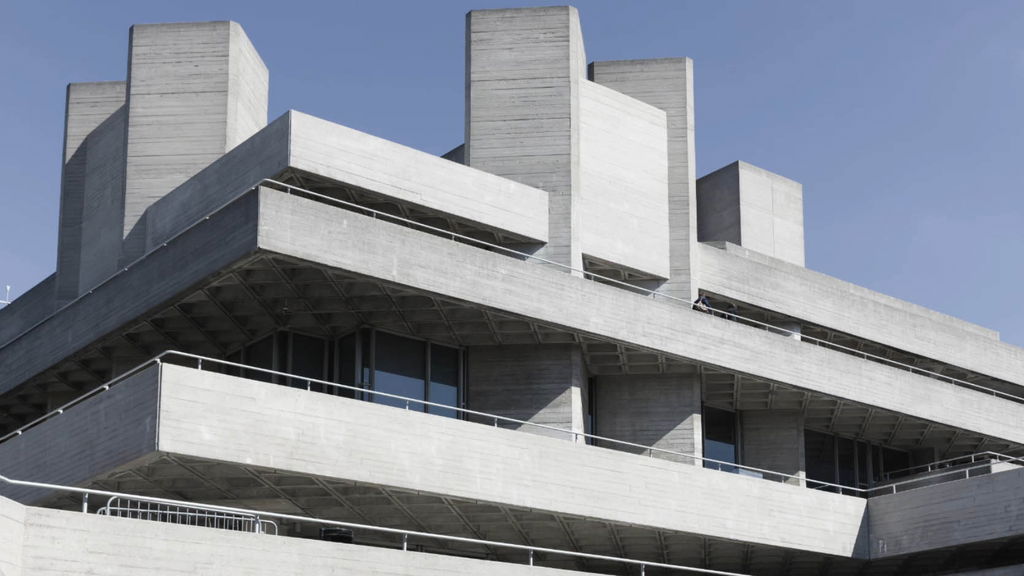Home
Talks
Zaha Hadid: Sketching the Future
Zaha Hadid: Sketching the Future
Zaha Hadid revolutionised the language of architecture and transformed the way we think about design. An artist who sought to question everything taken for granted, she created some of the most spectacular buildings of the 20th and 21st centuries. Hans Ulrich Obrist, a curator, collaborator and longstanding friend, describes how Hadid's method began in her sketchbooks with 'superfluid' drawings, which reflected her belief in the connection between art and architecture.
Obrist traces Hadid's childhood in Baghdad, the formative influences of her family and her time studying at the Architectural Association in London, a highly experimental school where she was exposed to the ideas of the early twentieth century Russian avant-garde. Obrist goes on to explain how the development of digital technology allowed Hadid to realise her futurist ideas and create new possibilities in architecture, allowing her to seemingly 'defy gravity'.
This film is part of Brian Clarke's curated series, 'Cruising Culture'. He described the film as follows:
"I think this is a really sensitive and affectionate description of what Zaha's life was about. Hans Ulrich Obrist introduces the viewer to Zaha through her drawings, and that's a very delicate and original thing to do, and usually forgotten. Looking at her as an artist is a very helpful way to understand her language – the link to calligraphy, mathematics, and popular culture. It's a respectable and dignified appraisal of Zaha - my guess is that Zaha would have liked this little film herself."
Time Period:
21st century
Themes:
Hans Ulrich Obrist (b. 1968, Zurich, Switzerland) is Artistic Director of the Serpentine Galleries, London. Prior to this, he was the Curator of the Musée d'Art Moderne de la Ville de Paris. Since his first show 'World Soup (The Kitchen Show)' in 1991 he has curated more than 300 shows.
So far in 2018, Obrist has co-curated at the Serpentine Galleries a solo show for Rose Wylie. In 2014 he curated the Swiss Pavilion at the 14th International Architecture Biennale in Venice, where he presented 'Lucius Burckhardt and Cedric Price --- A stroll through a fun palace'; the building was designed by architects Herzog & de Meuron, and the program was developed with artists Liam Gillick, Philippe Parreno, Tino Sehgal and Dominique Gonzalez-Foerster. Obrist's Art of Handwriting project is taking place on Instagram and is a protest against the disappearance of handwriting in the digital age.
In 2013, Obrist co-founded with Simon Castets the 89plus, a long-term, international, multi-platform research project, conceived as a mapping of the digitally native generation born in or after 1989. In 2011 Obrist received the CCS Bard Award for Curatorial Excellence, in 2009 he was made Honorary Fellow of the Royal Institute of British Architects (RIBA), and in 2015 he received the International Folkwang Prize for his commitment to the arts. Obrist has lectured internationally at academic and art institutions, and is contributing editor to several magazines and journals.
Obrist's recent publications include Mondialité, Conversations in Mexico, Conversations in Colombia, Ways of Curating, The Age of Earthquakes with Douglas Coupland and Shumon Basar, and Lives of The Artists, Lives of The Architects.
Watch more
Watch more

15:47
Building Brasília
'To create an entirely new capital, from scratch, in the middle of nowhere, was an extraordinarily ambitious thing to try and do...' Prof. Richard J. Williams.

12:30
City of Fantasies: Reyner Banham and the Architecture of LA
Prof. Richard Williams explores the lure of Los Angeles.

11:57
Jean-Michel Basquiat: Post-Punk Prodigy
How did the artist Jean-Michel Basquiat anticipate our experience of the digital?

15:47
Building Brasília
'To create an entirely new capital, from scratch, in the middle of nowhere, was an extraordinarily ambitious thing to try and do...' Prof. Richard J. Williams.

12:30
City of Fantasies: Reyner Banham and the Architecture of LA
Prof. Richard Williams explores the lure of Los Angeles.

11:57
Jean-Michel Basquiat: Post-Punk Prodigy
How did the artist Jean-Michel Basquiat anticipate our experience of the digital?

3:56
What is: Brutalism?
‘To think about Brutalism, is to think about concrete…’ Prof. Richard J. Williams.

12:34
Maurizio Cattelan: Comedian
‘He created a sign that went beyond the border of the art world, beyond the border of the art fair, and invaded the collective imagination of the world.’ — Francesco Bonami on Maurizio Cattelan’s ‘Comedian’.

7:58
California: Designing Freedom
Deyan Sudjic explores how the spirit of freedom in 1960s California inspired a generation of designers.